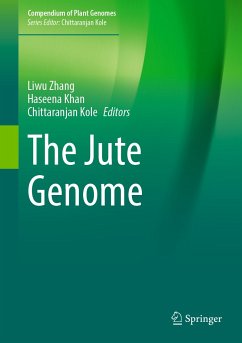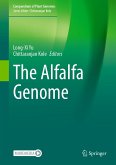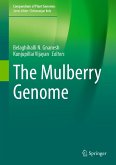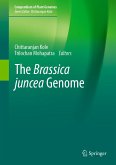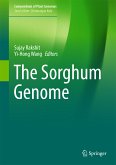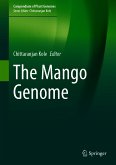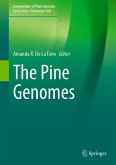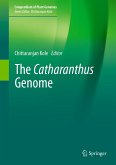This book is the first comprehensive compilation of deliberations on jute botanical descriptions, germplasm resources, genetic diversity and population structure, DUS test and DNA fingerprinting, interspecific hybridization, classical genetics, cytology and cytogenetics, genetic transformation; and detailed enumeration on molecular mapping, genome sequencing initiatives of three major jute fiber producing countries, interspecific and intergeneric comparative genomics, organellar genomes, elucidation on functional genomics and genomics resources and database. Genetics and genomics of bast fiber development, biotic stress resistance, abiotic stress tolerance, and flowering pathways have also been discussed. It also presents a narrative on the power of molecular markers and genomics technology on jute breeding. Altogether, the book contains about 400 pages over 21 chapters authored by internationally reputed experts on the relevant field in this crop. This book will be useful to the students, teachers and scientists in the academia and relevant private companies interested in agronomy, genetics, pathology, entomology, physiology, molecular genetics and breeding, genetic engineering, and structural and functional genomics.
Dieser Download kann aus rechtlichen Gründen nur mit Rechnungsadresse in A, B, BG, CY, CZ, D, DK, EW, E, FIN, F, GR, HR, H, IRL, I, LT, L, LR, M, NL, PL, P, R, S, SLO, SK ausgeliefert werden.

